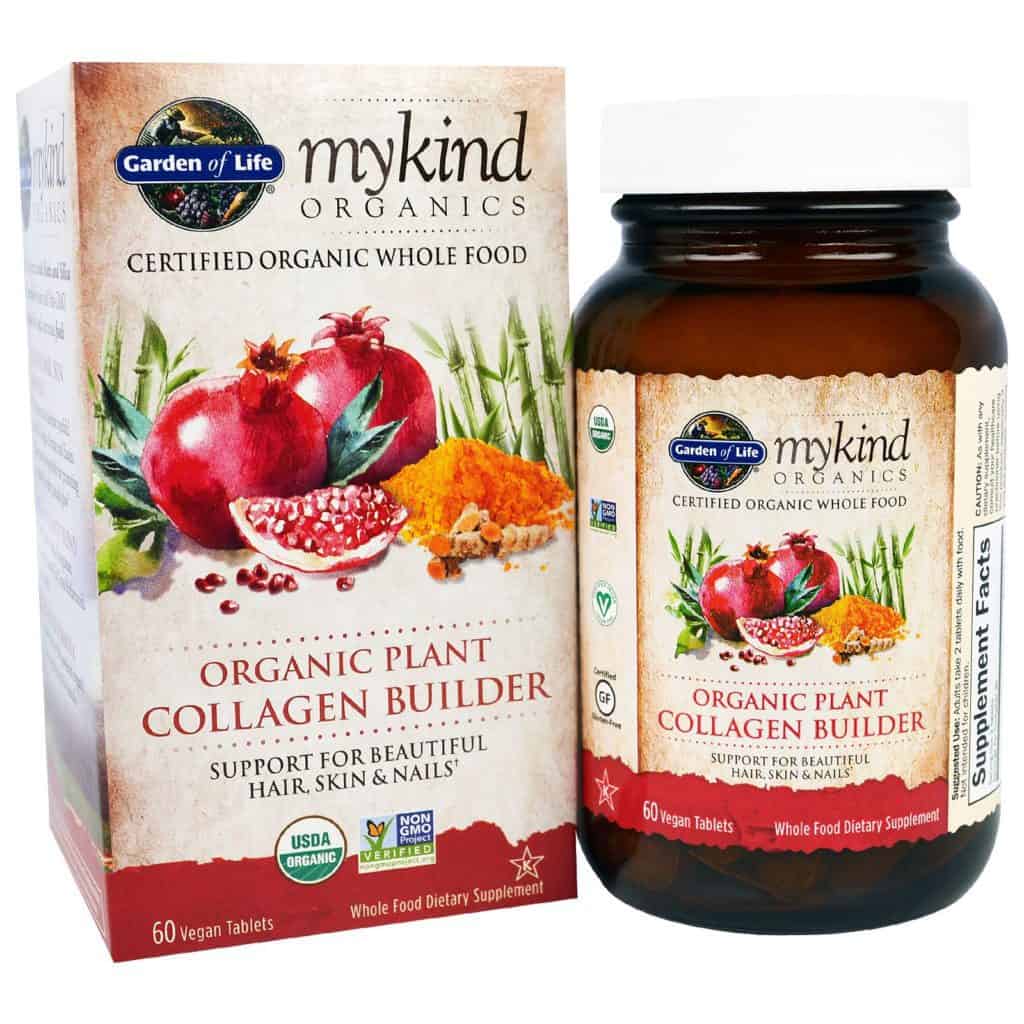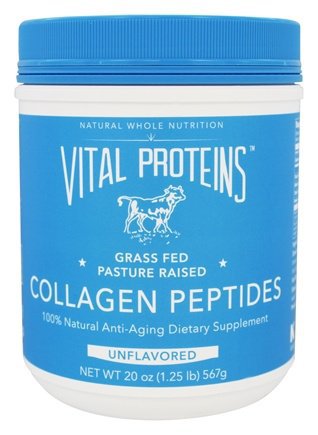Redheads, let’s talk about collagen.
Collagen is a protein found in every human body. It is the glue that holds the body together while providing support, elasticity and strength to the skin.
Sadly, collagen production begins to slow down as we age. This is all part of the cycle of life. As we get older, we start to see fine lines, wrinkles, sun spots and saggy skin. Smoking and eating a poor diet can also play a factor in the depletion of your collagen,
However, there are ways to provoke a faster collagen incline. Several recent studies have proved taking collagen supplements daily (or adding it to your drinks or smoothies) helped improve the skin’s strength and texture and reduce wrinkles.
Taking collagen also helps with joint pain, digestion, boosting metabolism and… strengthing nails and red hair.
It also provides moisture to hair and skin and prevents deeper wrinkles.
I have been taking collagen peptides for several months now and have seen a huge difference in the texture of my red hair and the strength of my nails. I use to have extremely brittle nails and now they are stronger than ever.
We chatted with a few collagen experts to answer some important questions:
How do you know if you have poor collagen?
The experts at SIBU Sea Berry Therapy shared, “Try this experiment: pinch the skin on your hand and see how quickly it bounces back. If it bounces back quickly, your collagen levels are strong. If it takes longer for your skin to bounce back, that may be a sign that you should start to increase the collagen in your skin right away.”
Which types of foods have collagen in them?
Chicken, beef, bone broth, fish and eggs. “Other plant-based sources of collagen which will give you glowing skin include spinach, kale, berries, garlic,” SIBU explains.
How can you implement collagen into your lifestyle?
You can add it to your oatmeal, smoothie, water, tea, coffee, yogurt and even dessert.
Are there any side effects?
Collagen has little to no known side effects. Medical writer, Aleksa Ristic, MPharm, shares, “Possible side effects of collagen powder supplements include hypercalcemia (increased levels of calcium in the blood) and hypersensitivity (allergic reactions). They are more likely to occur if collagen comes from marine sources.”
“The most common thing we see as nutritionists is supplementing with the wrong type of marine collagen. This could possibly result in having too much calcium in the body. It’s best to avoid collagen extracted from shark cartilage, shellfish and jellyfish,” said The Naughty Nutritionists.
The Naughty Nutritonists continue, “You can also find vegetarian sources of collagen, from companies like Garden of Life, which contain the herbs and nutrients that support your body’s own collagen formation. Although you can’t find straight collagen that is vegan or vegetarian as it’s sourced from the animal’s connective tissue.”

If you aren’t a vegetarian, the Naughty Nutritonists highly recommends Vital Proteins. Why? Their collagen peptides are sourced from grass-fed, pasture-raised bovine hides to ensure a natural, high quality, and sustainable source of this ancient nutrient. If you’re a pescatarian, the experts recommend trying Vital Proteins Wild-Caught Marine Caught.

How should you start taking collagen?
“When it comes to supplements, there are two options: collagen powder or gelatine powder. Collagen is hydrolyzed, hence our body absorbs it better. Make sure your brand comes with vitamin C, which is essential for collagen synthesis in our tissues. Gelatine powder offers some additional benefits for digestive issues like leaky gut and is usually a cheaper option. Make sure your product comes from pasture-raised animals,” shares Ristic.
How soon do you start to see changes in your hair and skin?
Everyone is different. You may see slight results within 2-4 weeks and improvements within 2-4 months of use. You’ll see results as long as you take the supplement.
What is the recommended daily amount of collagen you should be taken?
5,000mg (5g) minimum of Amino Collagen C per day.
**Please consult with your doctor before incorporating collagen into your diet.
Rock it like a Redhead!



